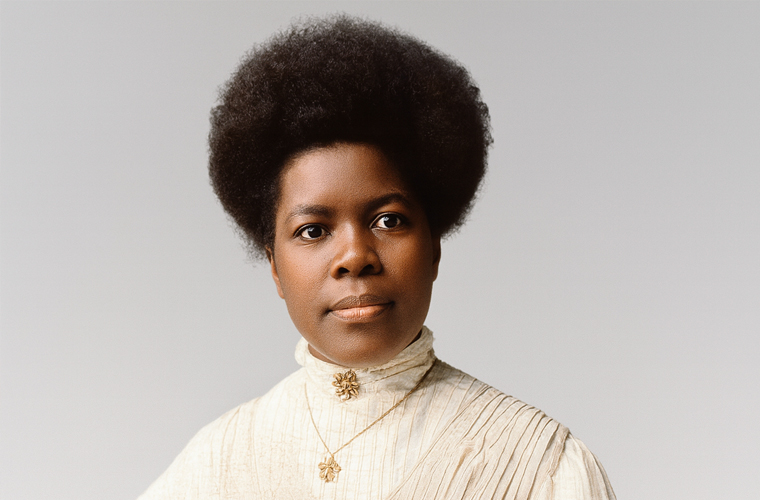Nannie Helen Burroughs, born in 1879 in Orange, Virginia, to parents who had been enslaved, emerged as a transformative figure in education, religion, social justice, and women’s empowerment. After her father’s death, she and her mother relocated to Washington, D.C., where Burroughs thrived academically, graduating with honors from the prestigious M Street High School. There, she was profoundly shaped by the teachings and activism of notable Black educators like Anna J. Cooper and Mary Church Terrell, who instilled in her a commitment to uplifting her community.
Despite her academic excellence, Burroughs faced racial discrimination when she was denied a teaching position in Washington, D.C.’s public schools. Undeterred, she channeled her energy into a bold vision: creating an institution dedicated to the education and empowerment of Black women and girls. In 1909, with the backing of the Women’s Auxiliary of the National Baptist Convention, an organization she helped establish, Burroughs founded the National Training School for Women and Girls in Washington, D.C. This institution was groundbreaking, offering a robust curriculum that included domestic science, business, nursing, missionary training, and more, blending academic rigor with vocational skills and moral guidance.
As president of the National Training School until she died in 1961, Burroughs was a hands-on leader. She taught classes, oversaw staff, secured funding, and managed the campus, ensuring its success as a beacon of opportunity. Her educational philosophy centered on equipping Black women with the tools for self-reliance and racial pride, encapsulated in her motto: “We specialize in the wholly impossible.” She viewed education as a cornerstone for advancing the Black community, fostering independence, and challenging systemic inequities.
Beyond her role as an educator, Burroughs was a dynamic orator, delivering stirring speeches at national and international gatherings on topics ranging from women’s rights and Black history to economic justice and global peace. Her eloquence and conviction made her a sought-after voice in the fight for equality. In the 1920s, President Herbert Hoover recognized her leadership by appointing her to chair a special committee on housing for African Americans, a testament to her influence in addressing systemic issues.
Burroughs was also a prolific organizer, founding several key organizations that advanced economic and political empowerment. The National Association of Wage Earners, which she established, focused on improving working conditions and opportunities for Black women. She also played a pivotal role in creating the National League of Republican Colored Women and contributed significantly to the National Association of Colored Women’s Clubs, strengthening networks of activism and advocacy.
A steadfast supporter of civil rights, Burroughs forged a meaningful connection with Martin Luther King Jr. and his family. In 1954, she invited King to speak at the Women’s Auxiliary of the National Baptist Convention, where she lauded his vision for a transformed world. She corresponded with his mother, Alberta Williams King, expressing admiration for his leadership during the Montgomery bus boycott and offering prayers for his recovery after a 1958 assassination attempt.
Burroughs’ multifaceted contributions as an educator, activist, feminist, and businesswoman left an indelible mark. Her legacy endures through the continued operation of the Nannie Helen Burroughs School, which transitioned into a co-educational elementary school in 1964. In 1991, the school’s Trades Hall was designated a National Historic Landmark, recognizing its historical significance. The U.S. Postal Service further honored her in 1997 with a commemorative stamp, cementing her status as a trailblazer. Through her tireless dedication to education, empowerment, and justice, Nannie Helen Burroughs inspired generations to pursue excellence and challenge the impossible.

